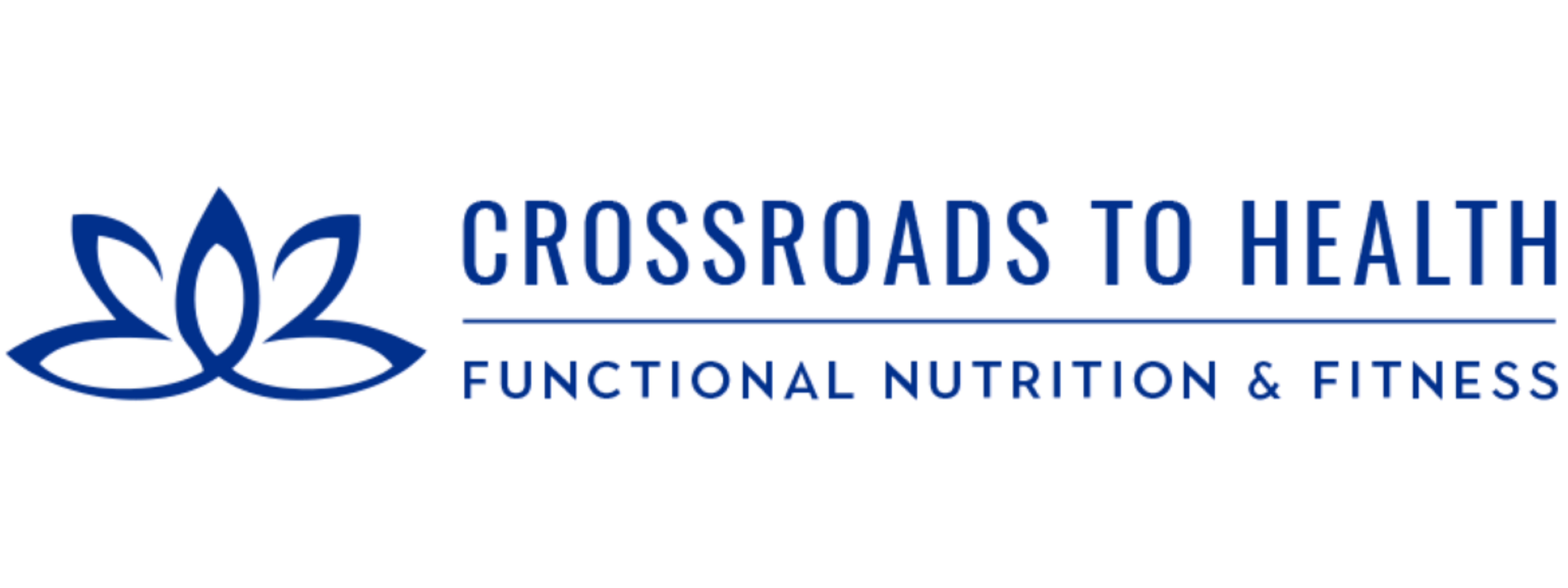Breast Cancer Prevention
Approximately 1 in 8 U.S. women will develop invasive breast cancer over the course of her lifetime. Her risk nearly doubles if she has a first-degree relative who has been diagnosed with breast cancer. Why are women at such a high risk today compared to 50 years ago? A big reason is the many chemicals women are exposed to today such as false estrogens that mimic hormones in the breast tissue. An example of these are bisphenol-A (BPA) used in plastics including water bottles. Herbicides and pesticides that make their way into food as well as hormone laden meat, poultry and milk are all part of the problem. Being overweight or obese also raises the risk of breast cancer in postmenopausal women.
* Lignans-lignans are naturally occuring and are found in flax, sesame, sunflower and pumpkin seeds. Lignans can help protect the body by attaching to estrogen receptor sites providing the body protection from harmful estrogens. One study found that post-menopausal women who had the highest intake of lignans were 14 percent less likely to develop breast cancer than those with low intakes.
Iodine-Americans have decreased their iodine consumption by 50 percent since the 1970's. The main reason for this is a low salt diet. Iodine not only supports thyroid function, it also supports prostate, breast health and immune function. Those with an auto-immune disease want to be careful as to how much iodine they take in.
Vitamin D-research has shown Vitamin D can help protect the body from breast cancer. Vitamin D has been shown to decrease the risk of many forms of cancer including breast, uterine and ovarian cancer. The optimal blood level for Vitamin D is 50-80.
Preventative Keys
There's a lot women can do to support their body and reduce their risk. The start is eating a well balanced whole food diet high in fruit and vegetable intake especially cruciferous veggies. Cruciferous veggies include broccoli, cauliflower, brussel sprouts and kale. In addition there are specific compounds that have been shown to lower risk including the following:* Lignans-lignans are naturally occuring and are found in flax, sesame, sunflower and pumpkin seeds. Lignans can help protect the body by attaching to estrogen receptor sites providing the body protection from harmful estrogens. One study found that post-menopausal women who had the highest intake of lignans were 14 percent less likely to develop breast cancer than those with low intakes.
Iodine-Americans have decreased their iodine consumption by 50 percent since the 1970's. The main reason for this is a low salt diet. Iodine not only supports thyroid function, it also supports prostate, breast health and immune function. Those with an auto-immune disease want to be careful as to how much iodine they take in.
Vitamin D-research has shown Vitamin D can help protect the body from breast cancer. Vitamin D has been shown to decrease the risk of many forms of cancer including breast, uterine and ovarian cancer. The optimal blood level for Vitamin D is 50-80.

